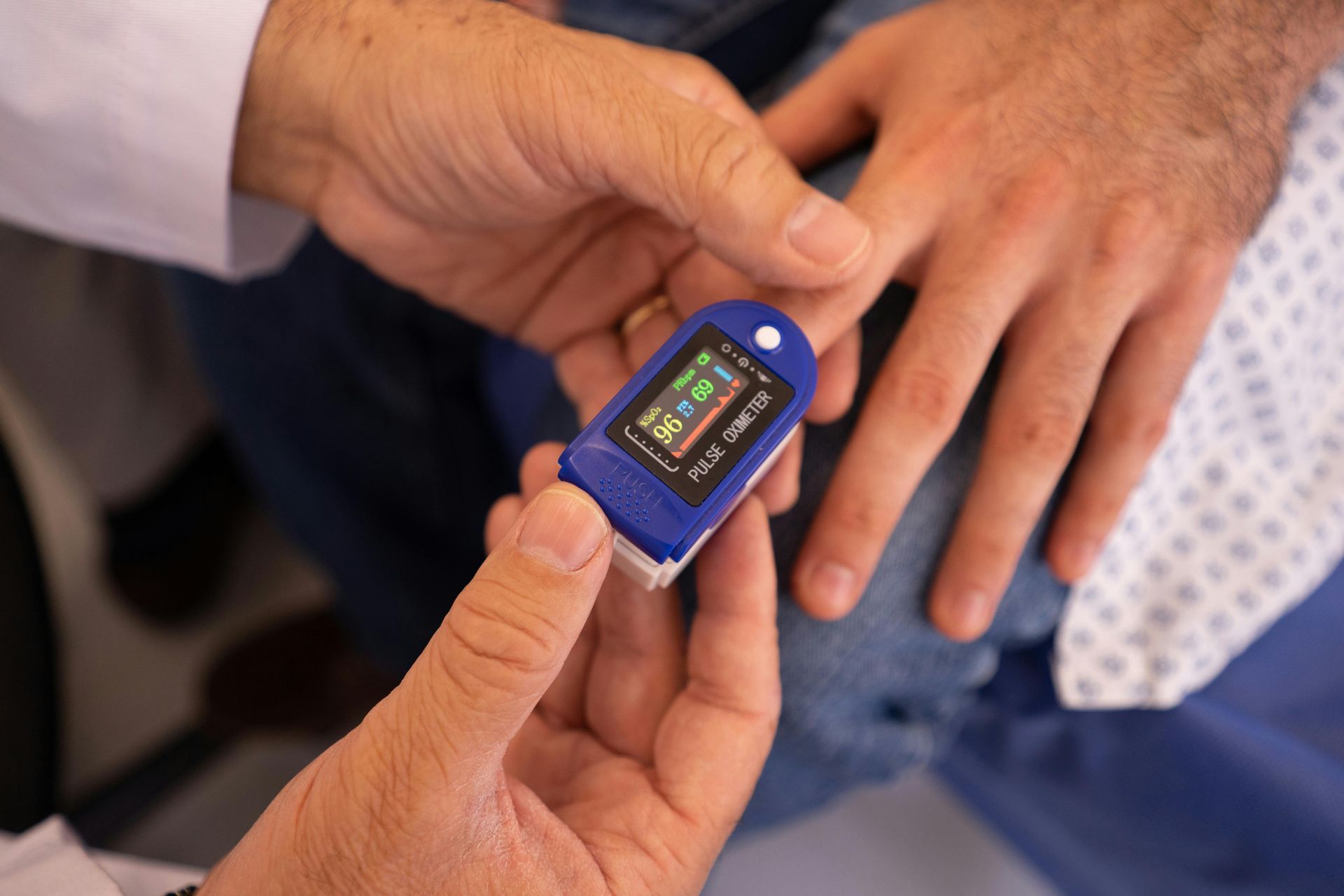Decisions about Treatment
Treatment needs change as disease progresses. What gives relief in the early stages can become less effective as the patient becomes less well. We realise decisions about treatment can be very difficult and while this leaflet sets out to explain some of these decisions, your doctor or nurse can give you more detailed information.
Cardiopulmonary resuscitation (CPR)
CPR is an emergency treatment that attempts to restart the heart when it has unexpectedly stopped beating (cardiac arrest).
CPR is more appropriate when the cause of the cardiac arrest is treatable e.g. a heart attack. People with advanced disease such as cancer generally do not have a treatable cause and therefore resuscitation is usually unsuccessful.
CPR may be undignified and as it can cause injury such as bruising, broken ribs, punctured lung and/or brain damage it is unsuitable for most palliative care patients and therefore not routinely performed. CPR is discussed with patients and their family/whānau on admission.
Eating
Appetite usually decreases naturally in advanced illness as patients become less active.
Supplemental feeding via drips or tubes is not recommended for patients in the final days of their illness. Instead, patients are offered suitable fluids and/or food when they feel like it.
Simplifying medication
In the final stages of an illness, the effort required to swallow tablets can become stressful and exhausting. We usually review their medication and discuss stopping those that are no longer beneficial or necessary.
If swallowing becomes difficult, we are able to put essential medications (e.g. pain relievers) into a syringe driver which injects the medication continuously into the skin (see our leaflet ‘Managing Pain in Palliative Care’).






